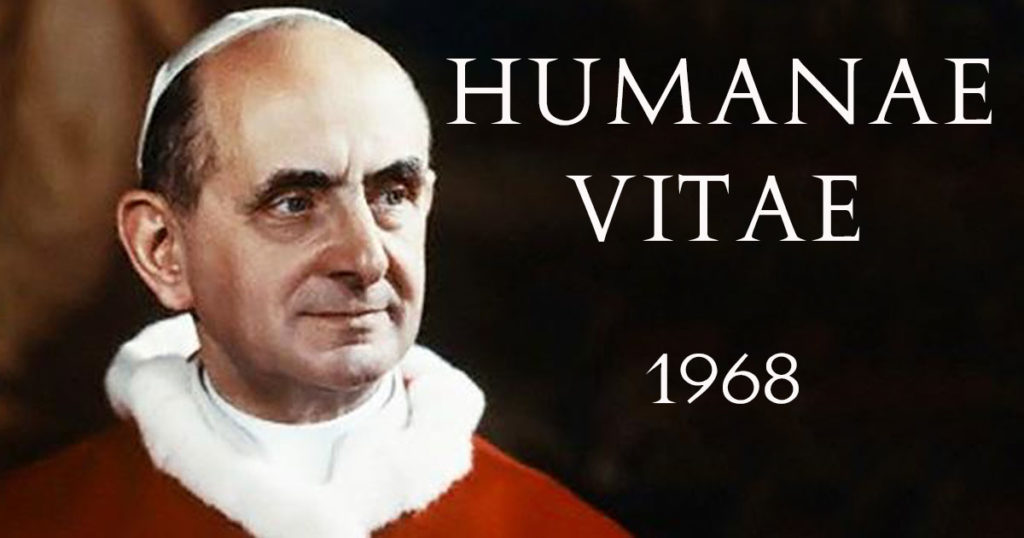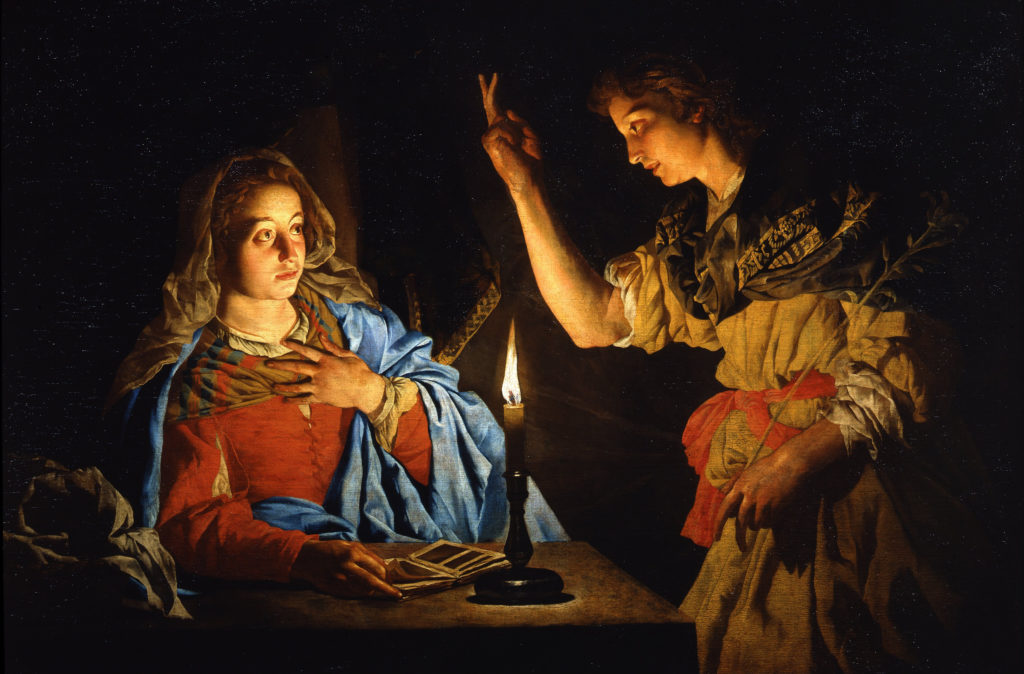The Tragedy of Having Too Much Stuff
I was listening to the soundtrack to the movie, 1492: Conquest of Paradise, the other day. It isn’t a great movie although it has a terrific score. It’s a telling of the story of Christopher Columbus and his discovery of North America. But I’m not reviewing that movie in this article. Instead, there’s a scene […]
The Tragedy of Having Too Much Stuff Read More »










